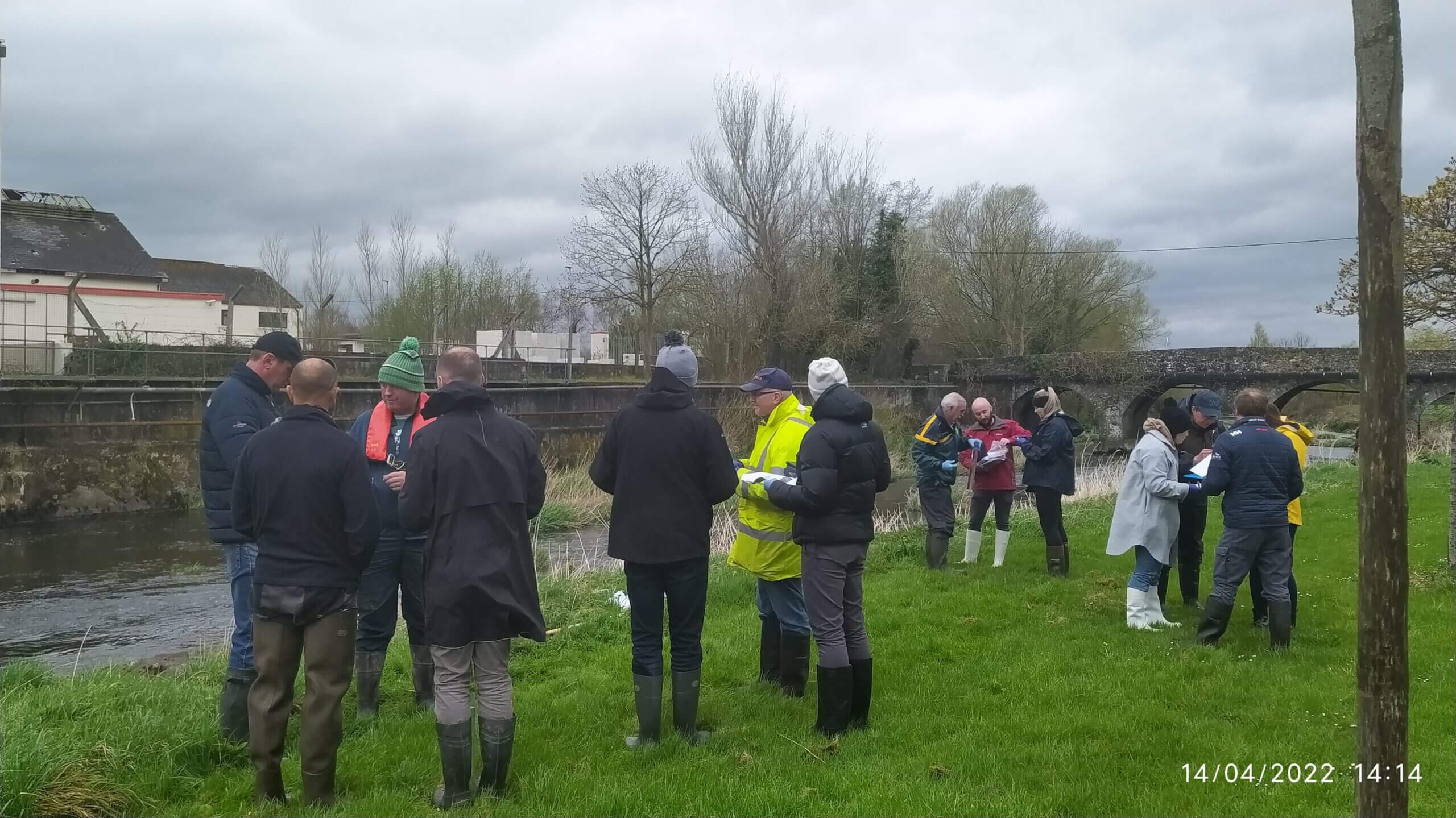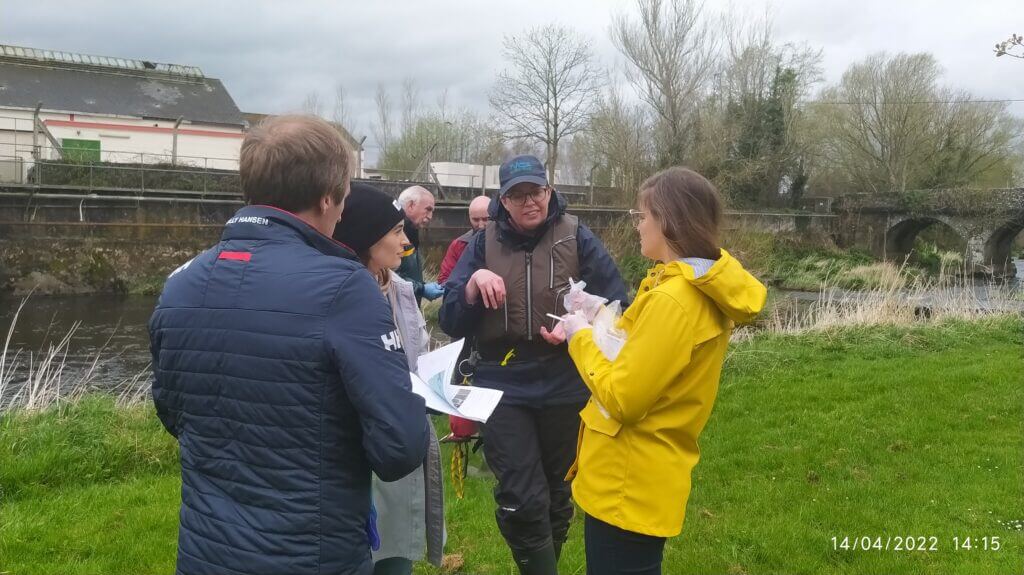The Catchment Excellence Programme
Catchment Excellence – A local solution to a global problem
The critical connection between addressing the global water crisis and addressing the climate emergency is unquestionable. It is likely that we will feel the impact of climate change most profoundly through water and these problems manifest in food production, human health, sustainable business operations, energy production and extreme weather events.
In Ireland, the EPA[1] have highlighted that almost half our surface waters are in an unsatisfactory condition with water quality declining and getting worse. The need to take action on protecting our precious water resources has never been more critical and a 2022 pilot has demonstrated how local communities working in collaboration with business can be a key part of the solution.


Addressing water quality at the catchment level is complex. It is inextricably linked to business supply chains (including Agri-supply chains in particular), production processes, environmental and community impacts, reputational standing, and indeed workforce welfare. It is a challenge that requires a multistakeholder approach to identification and implementation of global, national and local action and best practice has shown that working in collaboration with a variety of stakeholders is required for positive impact. Industry has a key role to play in supporting catchment-based action in the river basins in which they operate because of their influence in the local supply chains, but they struggle to act in the absence of a structured and easy to access engagement model that enables them translate their organisational ambition into collective action at the local level outside the boundaries of their site.
To address the challenges, the Catchment Excellence Programme was developed and piloted in 2022 in the River Deel area in West Limerick with Nestle Wyeth the main sponsor and involvement from local groups such as the Maigue Rivers Trust, local anglers, businesses and leisure groups and in collaboration with the Rivers Trust, Macra Na Feirme and the Sustainable Enterprise Skillnet
Effects on the Local Community
The River Deel sub-catchment suffers from poor water quality and this has led to a number of high-profile pollution incidents over the past number of years which has had a negative effecting biodiversity, local communities and leisure groups from using the River Deel to fish, swim and play. The Catchment Excellence Programme has already made a real difference to this community though the identification of Water Ambassadors, development of a collective catchment action plan and establishment of the long-term structures and systems for sustained effort locally.
This approach has demonstrated that community engagement not only contributes at a local level but also delivers on a National and Global level to the achievement of the UN Sustainable Development Goals (Goal 6: Clean Water and Sanitation).
Most importantly, the format is replicable; Ireland has 46 catchments covering 4,829 water bodies and the strategy going forward is to have Catchment Excellence Working Groups across the country where local communities are empowered to work in collaboration with business to protect our most important national asset and increase our resilience to climate change in particular flood protection using nature-based solutions. Above all, the programme has been designed to leave a legacy friendships, collaboration, action, and lasting impact.
[1] EPA ‘Water Quality In Ireland Report 2016-2021’
To learn more about the Catchment Excellence programme contact us by emailing sustainableenterpriseskillnet@20fiftypartners.com or call +353 (0)61 535 440 for more information